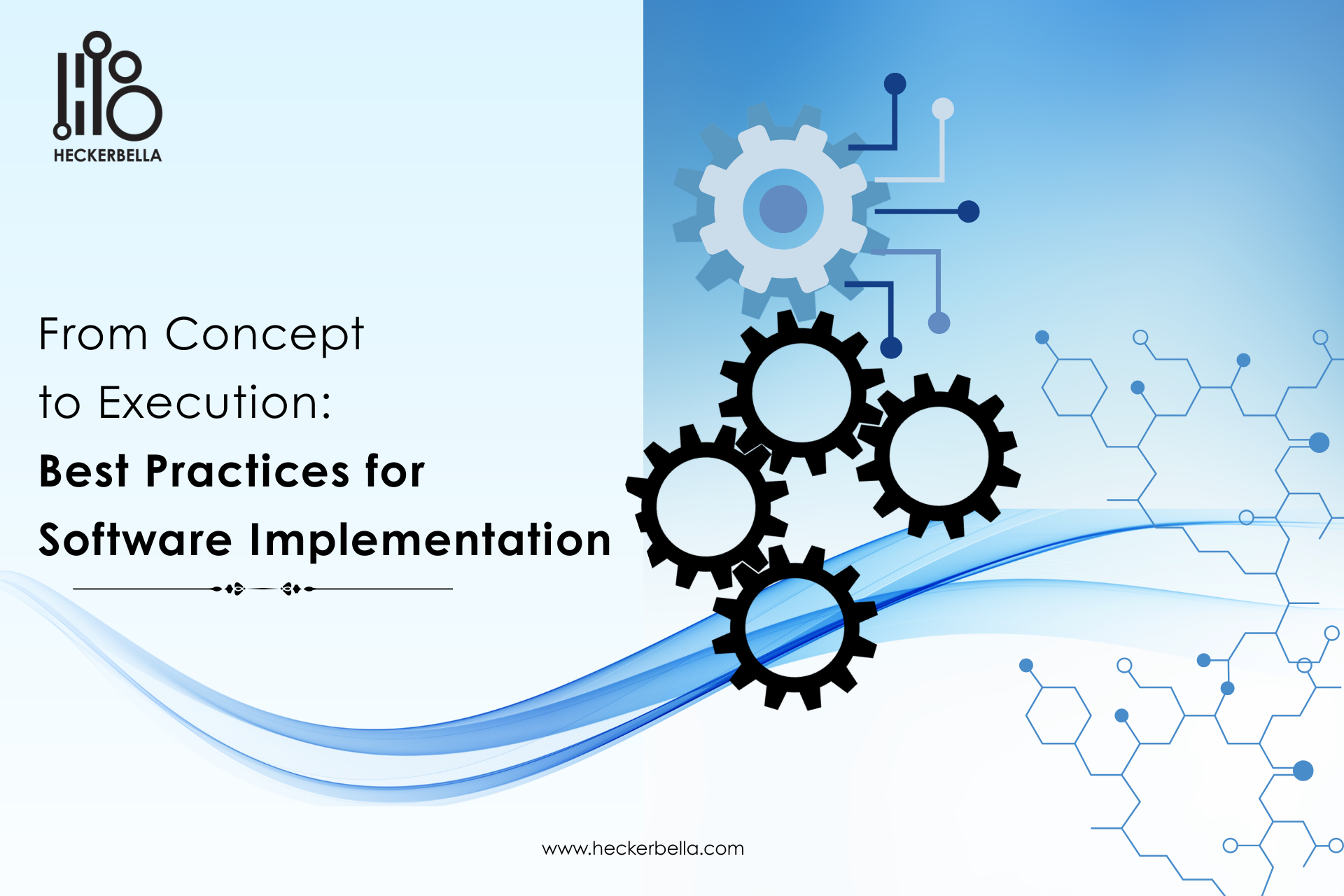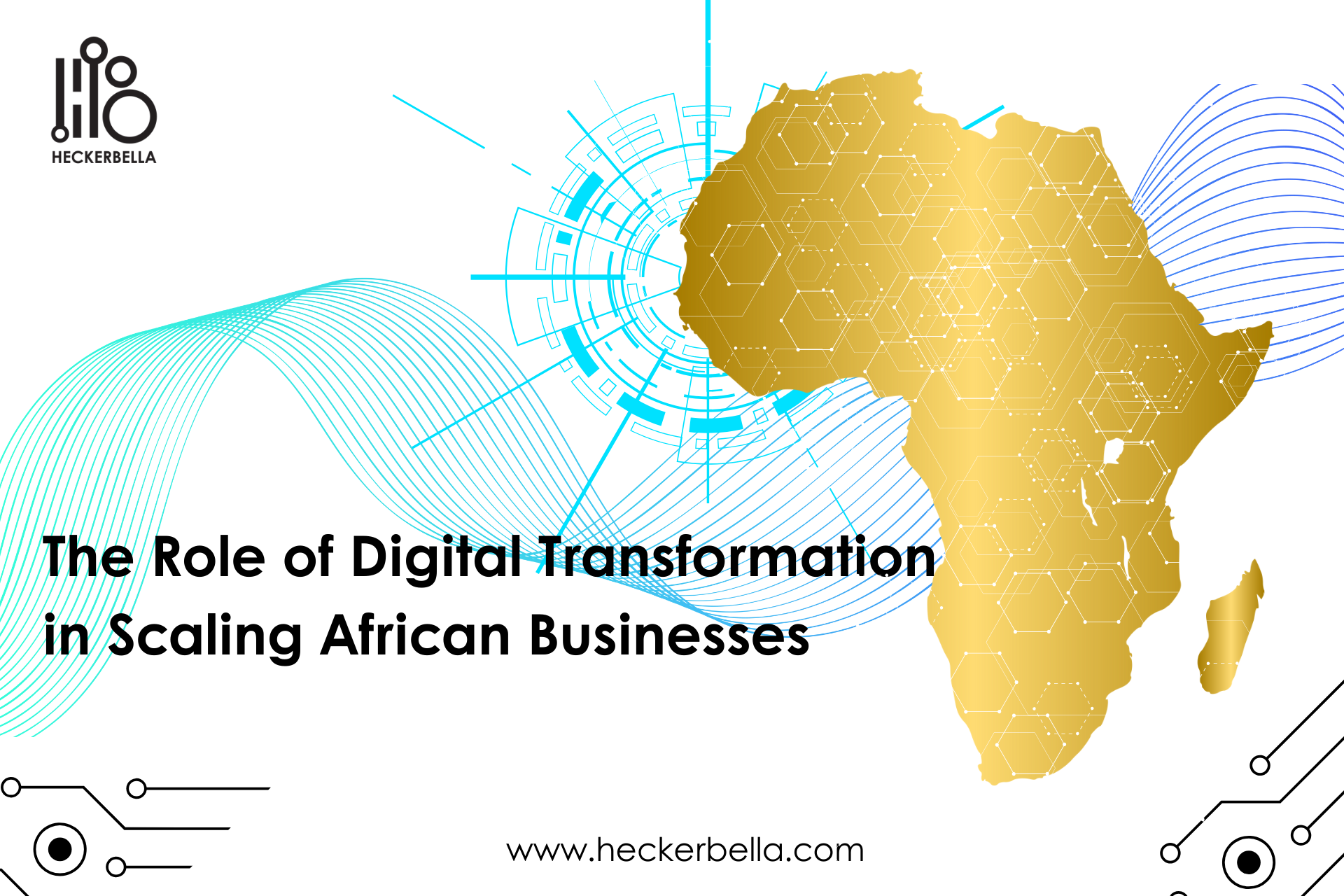International Women's Day: Using Technology To Bridge The Gender Inclusion Gap.
Jesujuwon Kuye
March 7, 2023

International Women’s Day 2023 focuses on digital technology’s role in advancing gender parity in the workplace. This topic will focus on how digital literacy and access to resources may assist in advancing the status of women and girls worldwide.
Gender equality is not just a fundamental human right but also a vital part of a robust and modern economy that provides growth for everyone.
Dr. Sima Sami Bahous, Executive Director at UN Women, recognized this during a speech to the UN General Assembly last year:
“The digital divide has become the fresh face of gender inequality.”
Digital technology has become vital to our lives. Online experiences and opportunities are also crucial for developing children and young people in various areas, such as online education, access to formal and informal learning, and access to information and support about health and well-being.
Even though the world has made much progress over the years regarding digital technology, Women face significant barriers to digital access, including affordability and sociocultural norms restricting access.

RETROSPECT: NIGERIA
Nigeria ranked 139 out of 153 countries in the2021 Global Gender Gap Report. These numbers show men actively shape Nigeria’s technology ecosystem, while women are primarily passive users. Many factors contribute to this difference, but poverty, cultural bias against girls’ education, and a lack of funding and mentorship for female entrepreneurs stand out. If we keep going in this direction, it will be hard for Nigeria to make significant progress toward Sustainable Development Goal 5, which aims to achieve gender equality for all by 2030. We will lose out on the benefits of having a more inclusive tech ecosystem.
EXPLAINING THEIMPORTANCE OF GENDER EQUALITY
The United Nations General Assembly has declared 2023 as the “Year of Action on Innovation and Technology for Gender Equality,” encouraging nations to examine normative frameworks supporting innovation and technology accessible to everyone.
Sarah Hendriks, Director of Policy and Programme at UN Women, said, “digital tech is rapidly transforming society, allowing for unprecedented growth and unprecedented opportunities for women and girls worldwide.”
Caitlin Kraft Buchman, founder and CEO of Women@TheTable said,
“We need to bring a human rights-based approach to tech and innovation and make sure that a rights-based approach is a part of how we design tech and innovation, which is crucial if we want to see the world through the lens of equality.”
Digital technologies have enabled people to connect, share experiences, work, and build communities in new ways and places.
These technologies continue to be essential and have the potential to help Africa grow and give women more chances to realize their rights.
In fact, access to the internet and digital devices is now a crucial part of empowering women and girls and letting them know and use their digital rights.
We must move beyond the traditional idea of empowering women, which focuses on skills with low economic value, and teach our young women 21st-century skills that are in demand and relevant, like cloud computing, software development, data analysis, digital marketing, to name a few…

Women who are leveraging technology to bridge the gender gap.
Healthtracka, a female-led startup revolutionizing preventative healthcare in Nigeria by using technology in health diagnostics, was funded by First Check Africa. This venture capital firm provides female entrepreneurs with their first million-dollar check. HerRyde is another company run by women that uses technology to stop the alarming rate of harassment and abuse women face on ride-hailing trips in Nigeria. Aside from the business opportunity this solution presents, think about the social impact it could have if it had access to funds. Problems like these won’t be solved well until Nigeria’s tech ecosystem increases the number of women. Women and girls should have the same technological opportunities as their male counterparts. In this context, “knowledge” refers to information, “skills,” and “access” to “money,”
HeckerBella is a leading digital transformation company founded by a woman and is championing the initiative to increase girls and women in the technology sector.




